Stimulating the exchange of knowledge, cultural and scientific exchange, and expanding international institutional environments in Brazil: these are some of the objectives of the Move La América program, designed by the Coordination for the Improvement of Higher Education Personnel (Capes). Starting in 2024, the program has received 1,423 masters and doctors from Latin American and Caribbean countries in 26 Brazilian states.
The Santos Dumont Institute (ISD), located in Macaíba, was one of these, welcoming four researchers. Angie Prada, Sergio Arguello, Maria del Carmen Mascioli and Raúl Pérez were selected to carry out part of their postgraduate research at the Institute. In addition, Bolivian Andres Ocampo and Argentinean Mariana Imperatori also came to Brazil during the same period, through the ISD's open laboratory program.
Meet the exchange students
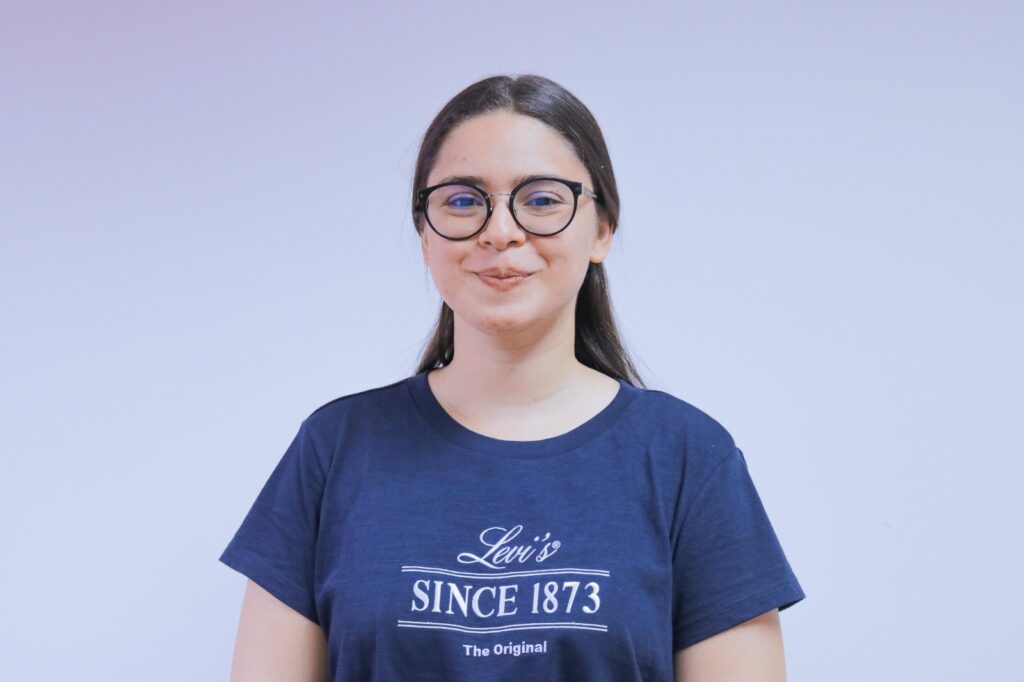
Colombian Angie Prada is a doctor from the University of Santander (Udes) and a resident in pediatrics at the same institution. Her main research and work interests are Autism Spectrum Disorder (ASD), sleep disorders, electrophysiology and implant matrices. “Over the next few months, I hope to consolidate and deepen my skills in the development and interpretation of brain matrices, especially in clinical contexts related to neurodevelopment,” says the researcher.
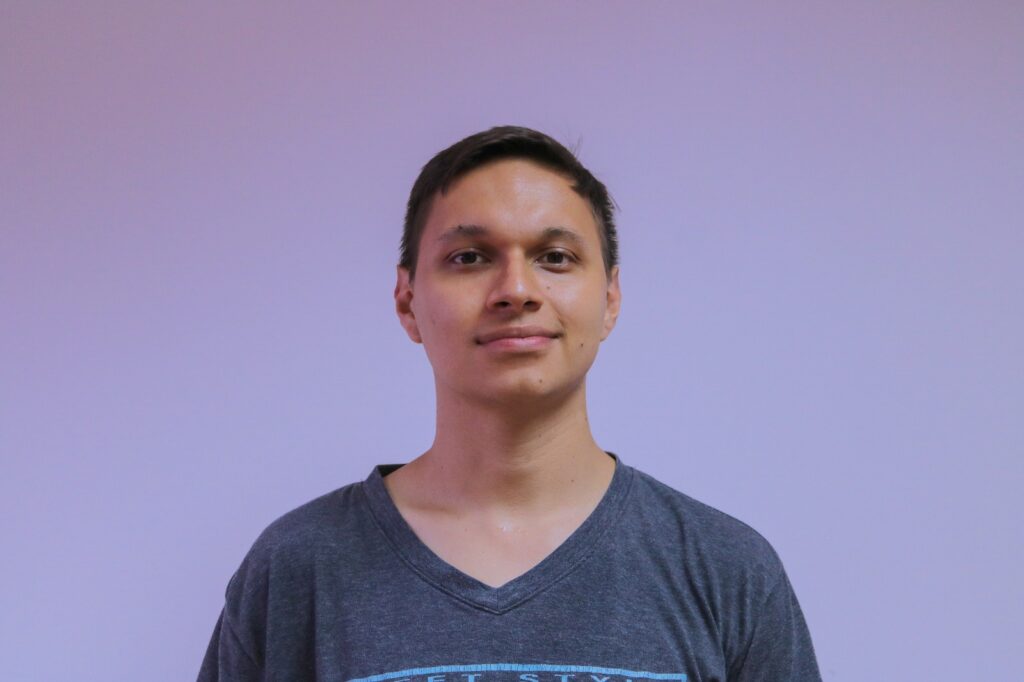
Sergio Arguello, originally from Colombia, is an electronics engineer and is currently studying for a master’s degree in Bioinformatics at the National University of Colombia. He also works at a healthcare institution developing technologies applied to healthcare. “This exchange is a unique opportunity to be in a center so specialized in neuroscience, where I have the chance to share experiences with professionals from multiple areas who are highly specialized in brain issues,” says the researcher.
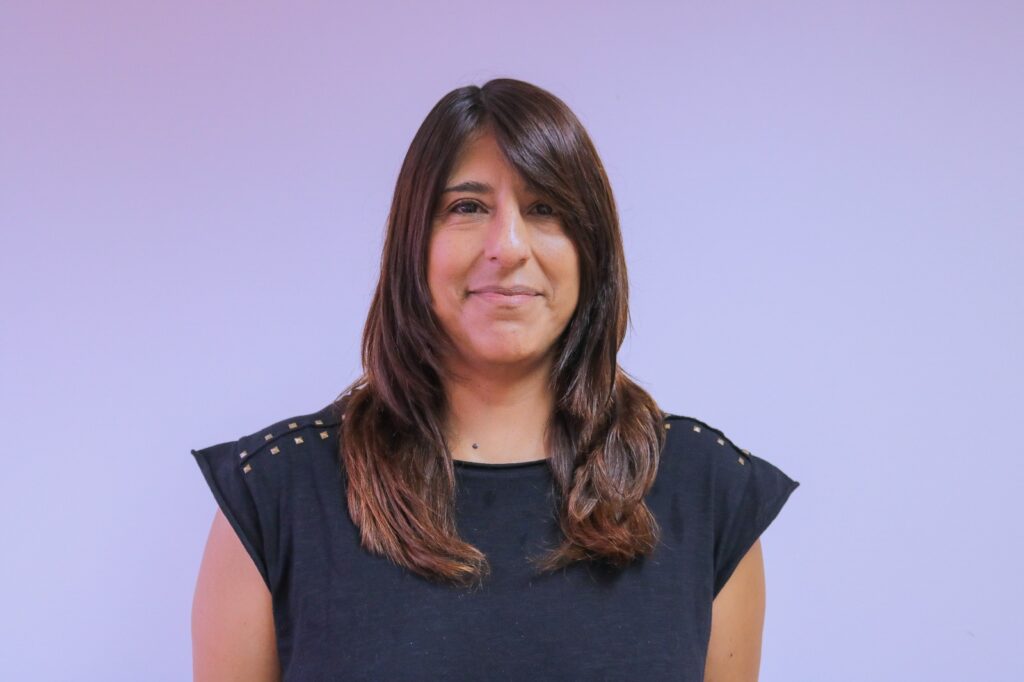
Maria del Carmen Mascioli, also from Argentina, is a veterinarian from the National University of the Center of the Province of Buenos Aires. Currently a doctoral student, she works at the ISD with research professor Edgard Morya, investigating the electrophysiological link between humans and horses in Equine-Assisted Therapies (EAT) using Electroencephalograms (EEG). “Through multidisciplinary and collaborative work, I hope to achieve professional and personal growth and that this exchange with the ISD continues to strengthen ties between Brazil and Argentina,” she emphasizes.
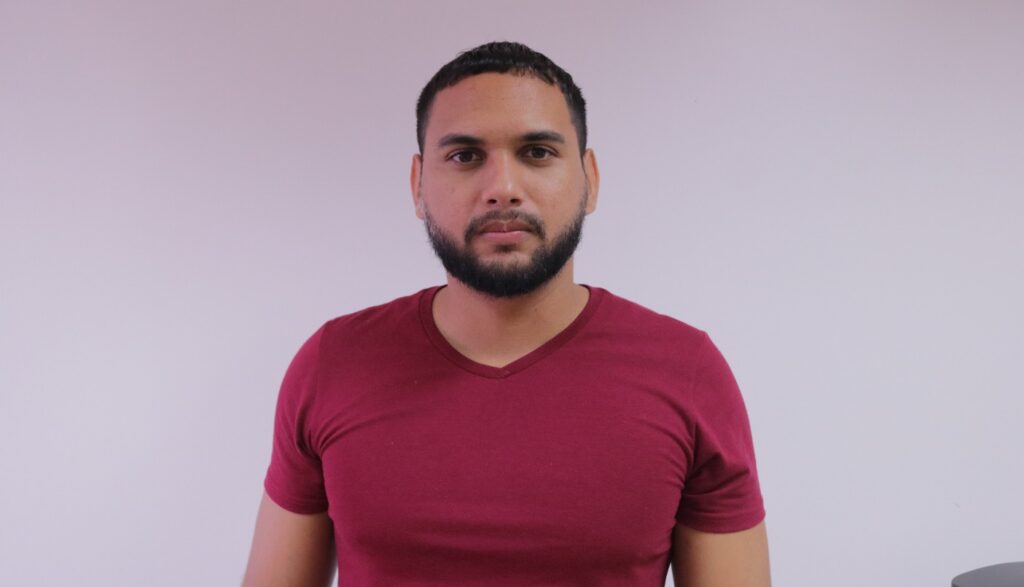
Cuban Raúl Samón Pérez came to Brazil from Santiago de Cuba to work on the development of serious games for rehabilitation and the creation of brain-computer interfaces at the ISD. An engineer in the area of Automation, he is currently studying for a Master's degree in Automation. “During this period, I hope to be able to help increase the effectiveness of robotic rehabilitation in patients with severe neurological injuries. This research internship will allow me to engage in cultural exchange with other Brazilian students and students of different nationalities, in addition to promoting Cuban culture within the institute,” he says.
Encouragement of research
In addition to the five researchers Selected by the Move La América program, Bolivian Andres Ocampo and Argentine Mariana Imperatori are also visiting Macaíba, through the ISD's open interdisciplinary laboratories program, which opens the doors to scientists from all over the world who wish to use the Institute's infrastructure and equipment for cooperative research.
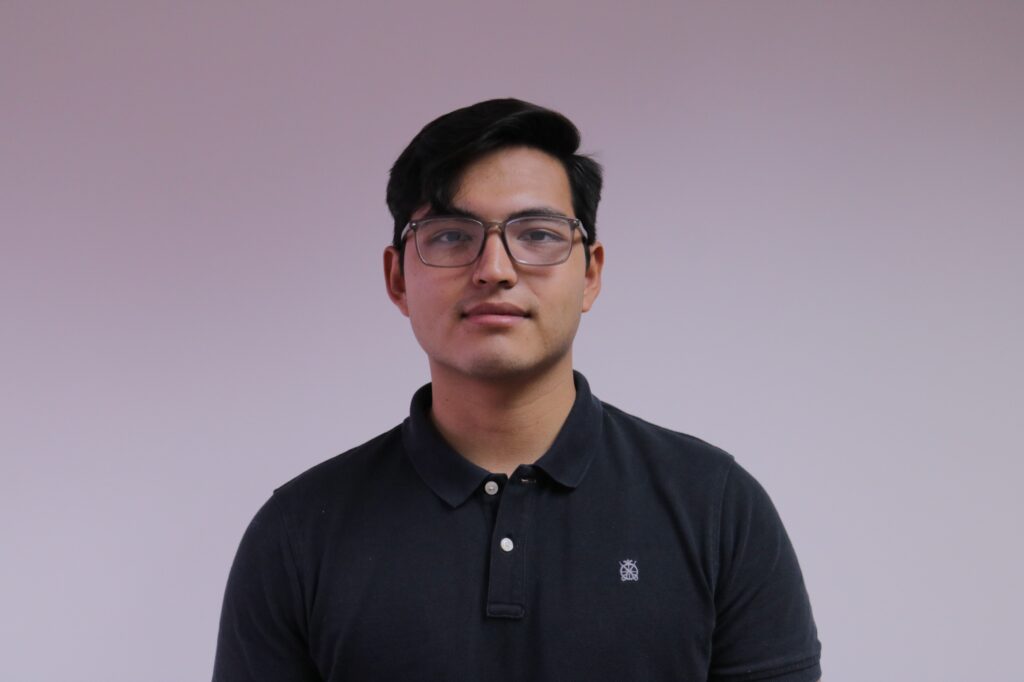
A Biomedical Engineering student at the Universidad Católica Boliviana San Pablo, Andres’s main area of expertise is brain-machine interface and he is working on developing a system to apply optogenetic stimulation. “I hope to learn directly from experienced researchers and contribute significantly to ISD projects. I also hope to strengthen collaboration ties between the Institute and neurotechnology initiatives in Bolivia,” says Ocampo.
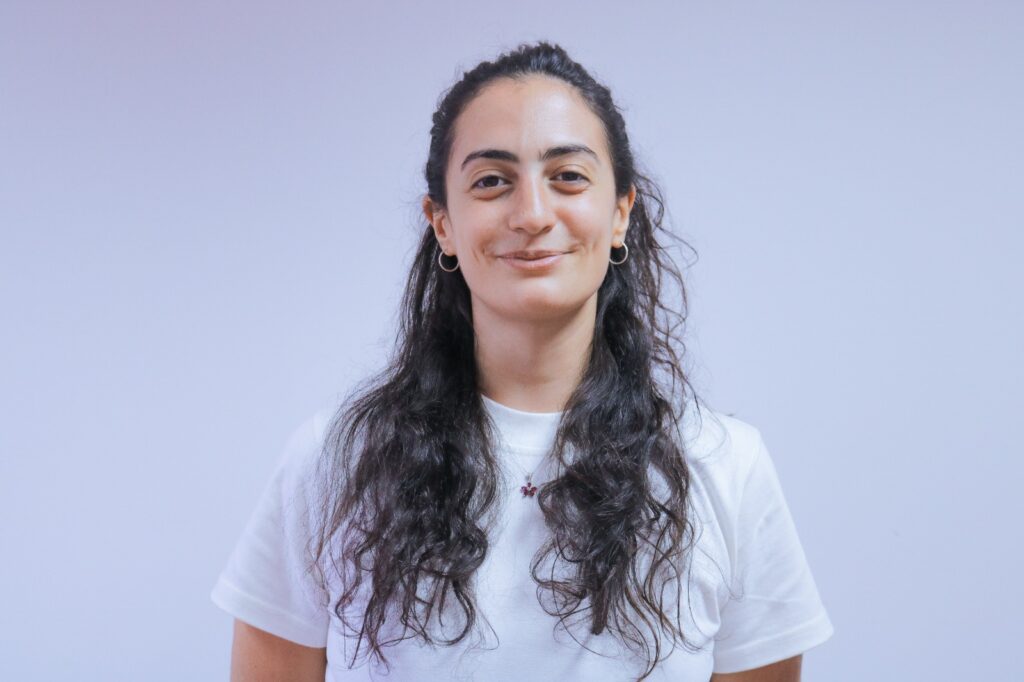
Mariana Imperatori holds a degree in Biological Sciences from Favaloro University in Buenos Aires, Argentina, and is currently pursuing a PhD in Biological Sciences, in the area of Neuroscience, at the University of Buenos Aires. At ISD, she is participating in experiments using optogenetics, a technique that allows the evaluation of neural projections. “I hope to delve deeper into new techniques that will allow me to obtain more specific answers for my PhD. It is very important to be able to share my day-to-day work with professionals from different disciplines,” she points out.
ABOUT ISD
The Santos Dumont Institute is a Social Organization linked to the Ministry of Education (MEC) and includes the Edmond and Lily Safra International Neuroscience Institute and the Anita Garibaldi Health Education and Research Center, both in Macaíba. ISD's mission is to promote education for life, forming citizens through integrated teaching, research and extension actions, in addition to contributing to a fairer and more humane transformation of Brazilian social reality.













